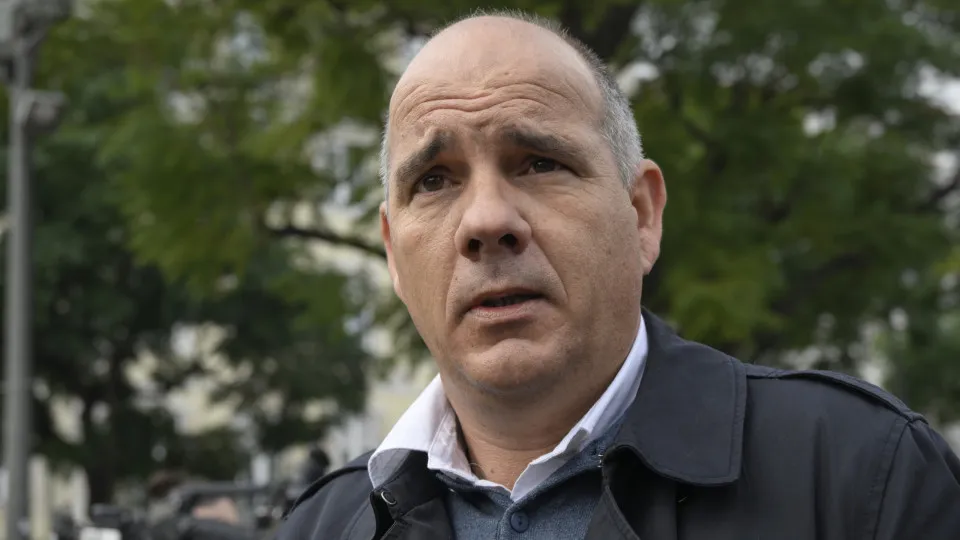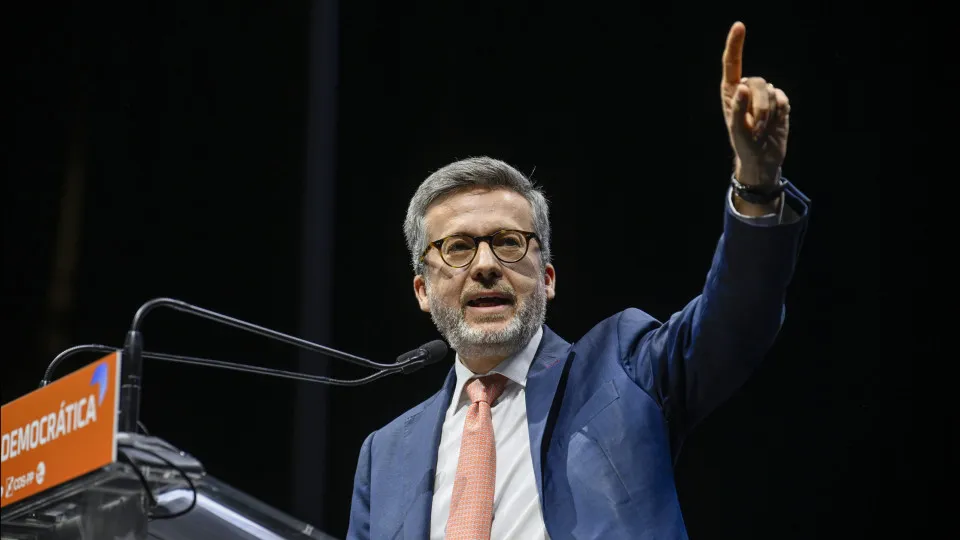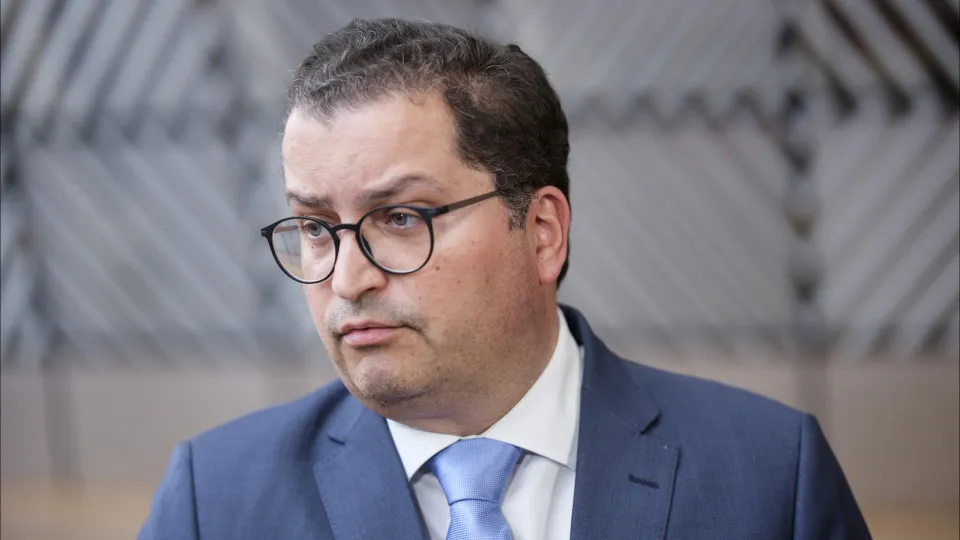
“We stated from the beginning: we would not oppose any initiative of this type. However, this does not mean that we support a fallacy, because ultimately what we are talking about is a fallacy,” explained Paulo Raimundo when questioned about the abstention in parliament on Wednesday regarding the creation of an independent commission to investigate the fires.
Speaking to journalists during a visit to the residents of Nespereira, in the municipality of Cinfães, Viseu district, who were affected by the fires, Paulo Raimundo emphasized that “studies are completed; what remains is to execute them.”
“There are things we disagree with, but they need to be implemented,” he demanded, recalling those approved after the 2017 fires, notably in Pedrógão Grande, Leiria district.
According to the communist leader, measures are not being implemented due to two reasons.
“It is a political choice. We must choose to invest our resources into defending our heritage, the people, and the balance of the territory or other areas unrelated to the country’s needs,” he argued.
As an example of where the State has invested, he pointed to “war, among others,” such as “reducing corporate tax and offering tax benefits to large companies,” instead of investing in forests and the significantly imbalanced populations and territory.
Among the government’s regrettable measures concerning fires, he highlighted “the scandal of leasing aerial means, which costs more than 300 million euros (300 ME), whereas it should buy means to decide when and how to intervene.”
“I do not deny the strategic importance of aerial means in fighting fires, but a country like ours should have its means available and not be dependent on rentals, much less on the dealings that occur,” he noted.
Raimundo advocated that “the State must be more present,” both in prevention and management and combat, as well as in the public services available.
“There is no point in shedding crocodile tears over the fires, over the forest when this government cut 114 ME of forest support last year. This government continued, following the previous one, dismantling the Ministry of Agriculture services across the country,” he accused.
Paulo Raimundo argued there was “mismanagement in combatting fires” and supported the idea that “local entities should coordinate the fight, as they know the territories and where the wind is strongest.”
Also criticized was the government’s support, which “should be 15 thousand euros and not 10,” as well as the time “it takes to reach people.” “There are still supports from last year that have not reached populations, and there are small farmers who do not have resources to sustain themselves for a month, as they work daily, for the present,” he said.




